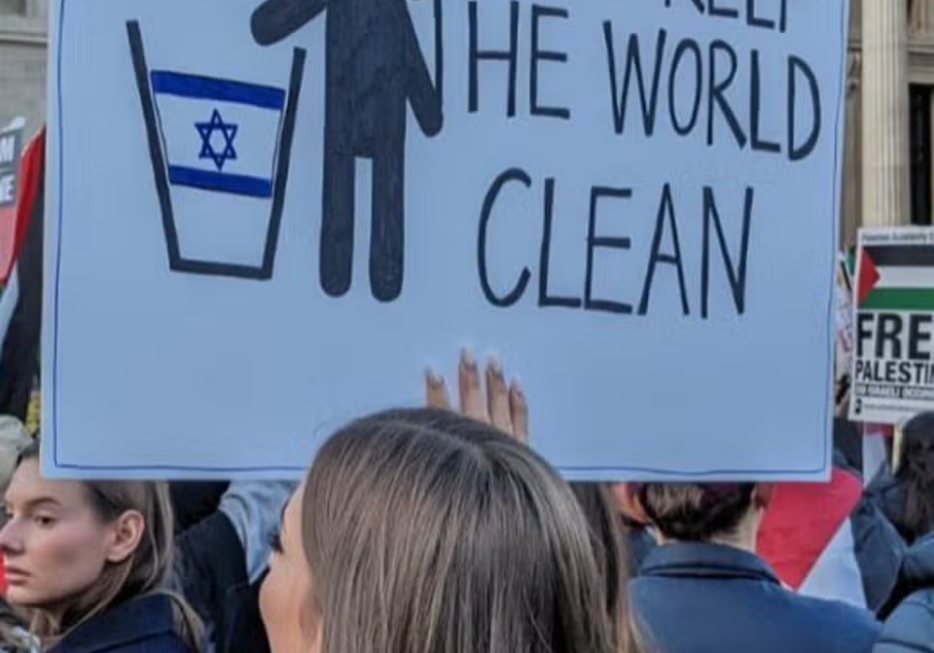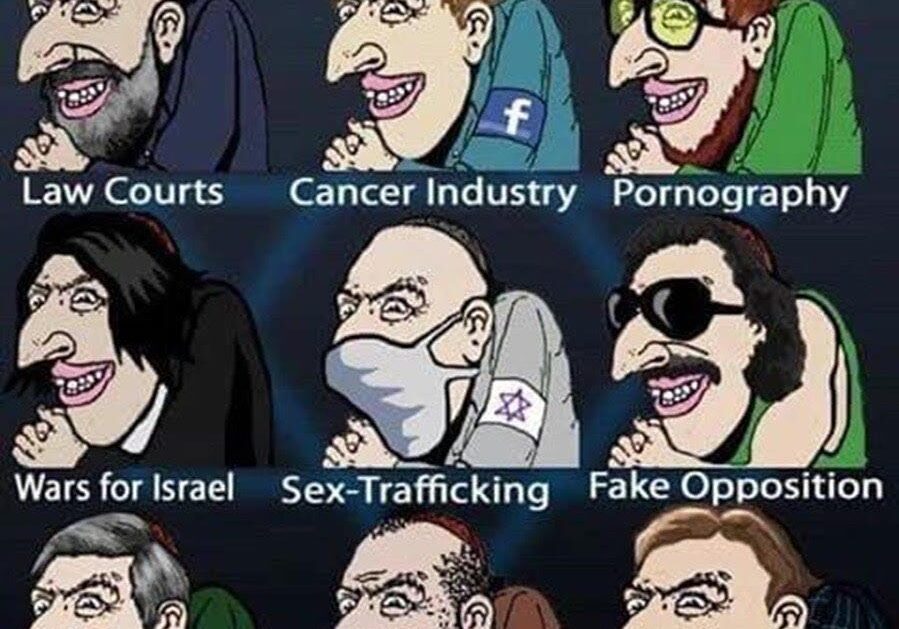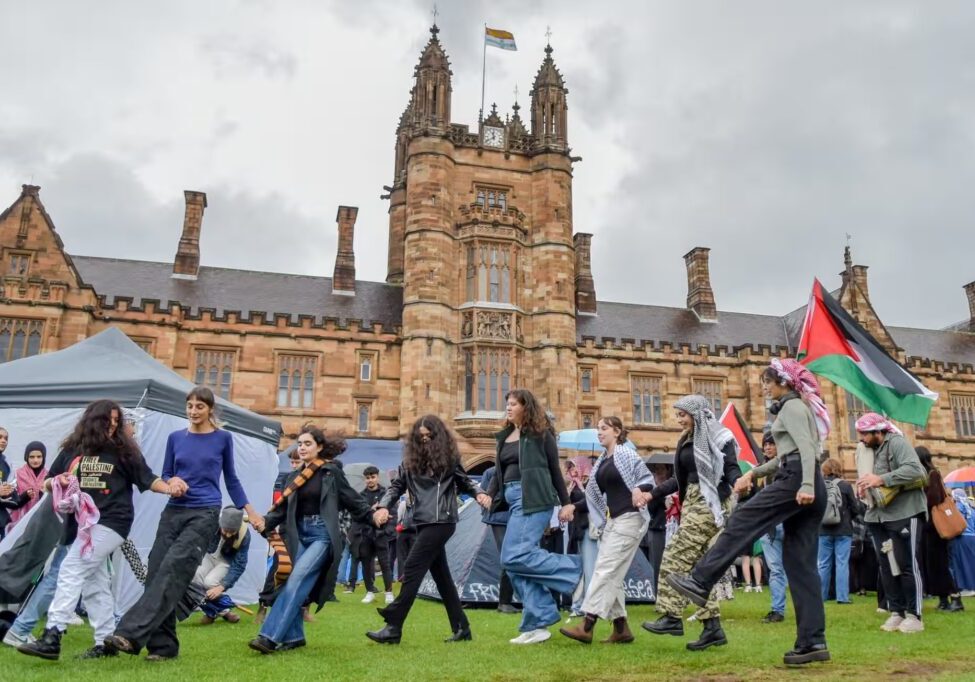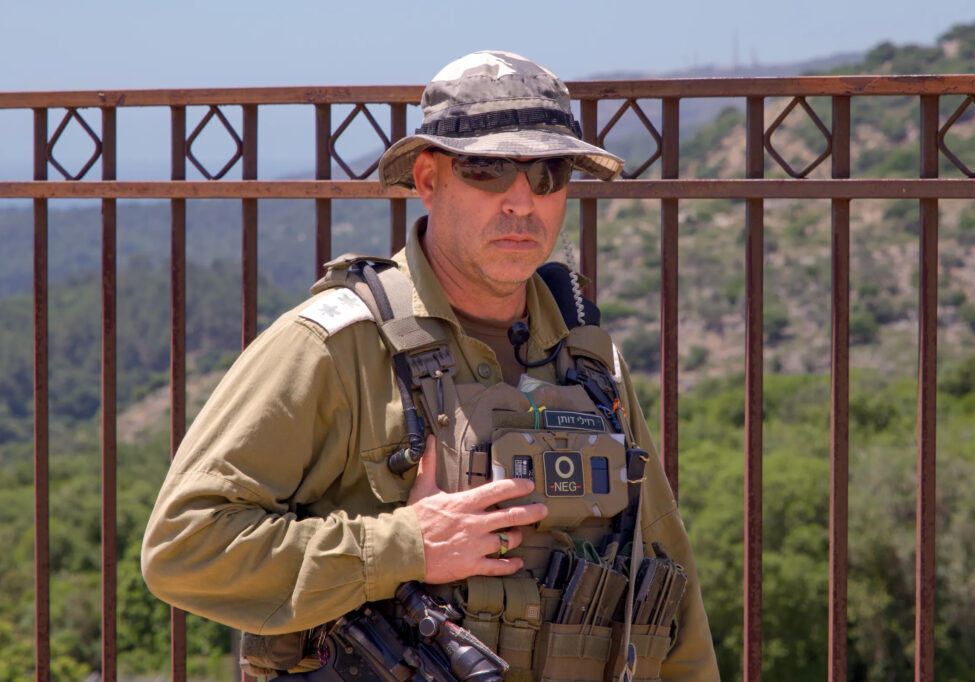Australia/Israel Review
Deconstruction Zone: Visit Occupied territories with Airbnb
Nov 30, 2018 | Ben Cohen
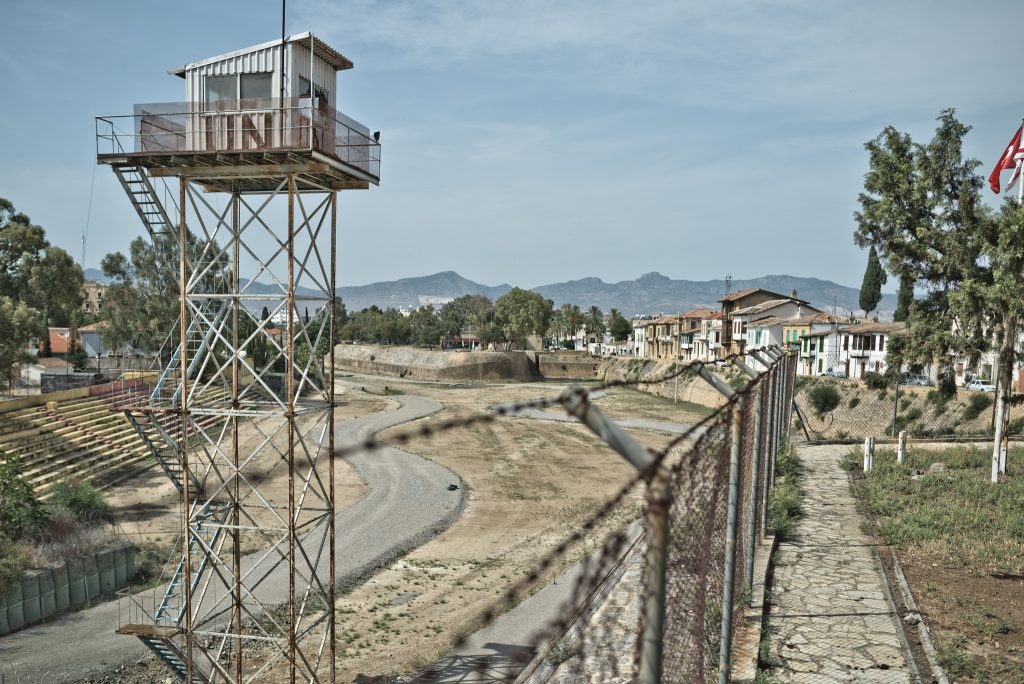
Travellers looking for a vacation on the wrong side of an internationally-recognised “green line” needn’t fret now that global rentals agency Airbnb is boycotting properties in Israeli communities in the West Bank – they can use Airbnb’s services in the “Turkish Republic of Northern Cyprus” instead.
A Nov. 20 search of Airbnb’s listings for a last-minute holiday vacation showed the availability of more than 1,000 apartments and villas in Northern Cyprus – a Greek territory invaded and occupied by Turkey in July 1974, in a brutal war inflicted by Ankara on Greek and native Turkish Cypriots alike.
More than 150,000 Greek Cypriots were driven from their homes during ethnic cleansing operations carried out by Turkish forces. Hundreds of Greek women were raped by Turkish soldiers, in what one Greek writer called “one of the darkest and most agonisingly painful aspects” of the 1974 invasion. Following the invasion, Turkey consolidated its hold over 40% of the island of Cyprus – but its satellite republic continues to be regarded by the entire international community as “occupied territory”.
For now, though, residents of Northern Cyprus – including thousands of Turkish “settlers” who moved to the island from mainland Turkey after 1974 – can freely advertise their properties on Airbnb.
In the Turkish part of Nicosia – known as the world’s last divided capital because of the physical, UN-supervised “Green Line” that cuts the city in half – 78 properties were displayed by Airbnb as available for rent between Nov. 23-30. Further north, in the coastal town of Girne, more than 300 properties were shown as available, with an equivalent number in Famagusta – ironically the port city from where the ships of the 2010 “Freedom Flotilla” to the “occupied” Gaza Strip, sponsored by a leading Turkish Islamist organisation, began their journey.
Northern Cyprus is not the only territory widely considered to be “occupied” that is currently listed on Airbnb. A handful of properties are also available in Western Sahara – a former Spanish colony invaded by Morocco in 1975 that is considered by the UN to be occupied territory, and is officially listed as a “non self-governing territory” by the global body. In Lhasa, the capital of Tibet – conquered by the Chinese Army in 1950 – Airbnb shows more than 300 rental homes available during the last week of November. The even more intrepid traveller can rent a villa in the Kurdish city of Kirkuk in northern Iraq – seized by Iranian-backed forces in October 2017 shortly after it was liberated from ISIS by Kurdish Peshmerga.
Settlements in territories under Israeli control since the 1967 Six-Day War now join Iran, Syria, North Korea and Russian-occupied Crimea as locations where Airbnb’s services are not available. In the last four of those cases, however, the company has made no political criticism of any of these countries, explaining on its website that Airbnb is “required to comply with international regulations that restrict the use of our site by residents of certain countries.”
But in its statement on Monday confirming that it was banning the use of Airbnb in Israeli settlements, the company openly advertised its decision as political, claiming that “companies should not profit on lands where people have been displaced.”
A recent report from the Israeli research organisation NGO Monitor observed that “Airbnb faced an intensive multi-year attack and threats of being included in the forthcoming UN [Human Rights Council] ‘blacklist,’ boycotts, and other forms of negative publicity. Indeed, the company acknowledged that offering listings in West Bank settlements was not illegal, meaning that its decision was the result of political pressure.”

